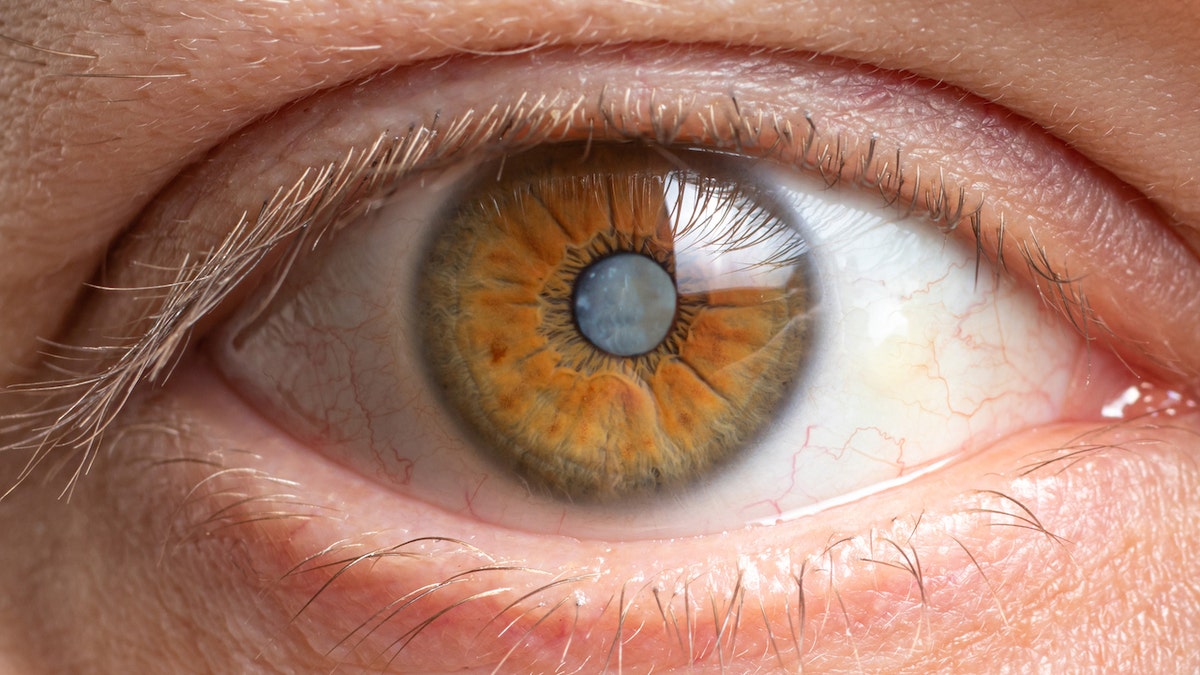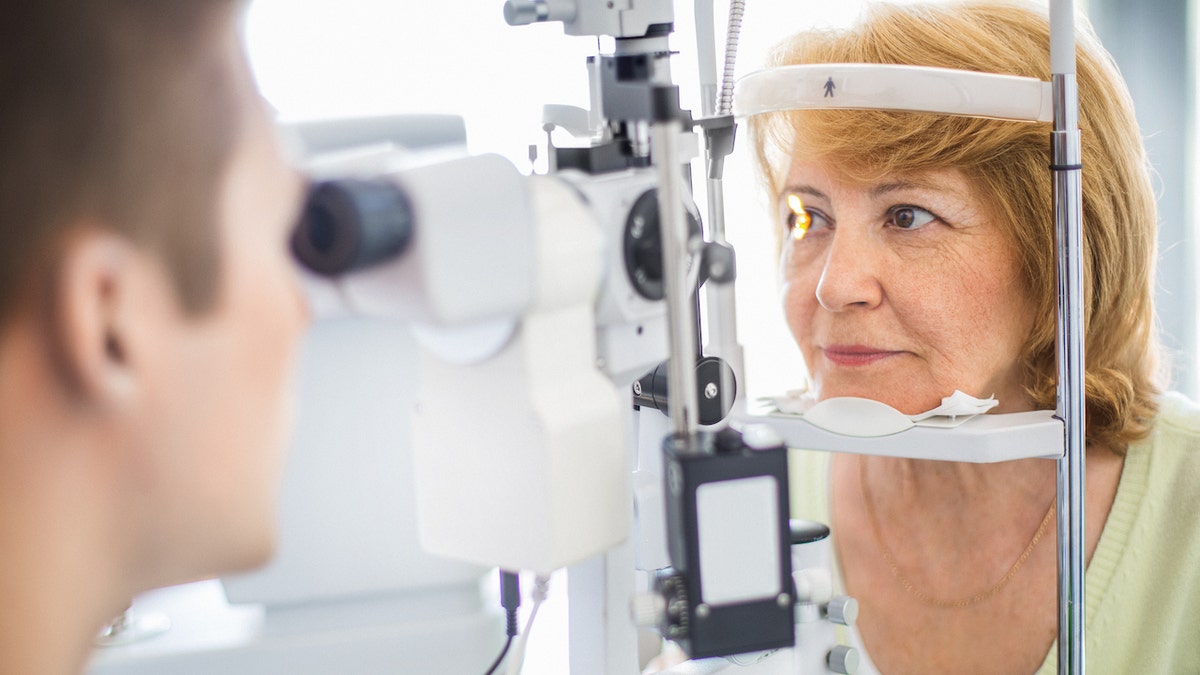A recent study published in JAMA Ophthalmology reveals a correlation between vision impairment and an increased risk of dementia, including Alzheimer's disease, in older adults. Researchers at the University of Michigan analyzed data from the 2021 National Health and Aging Trends Study and found a connection between various vision problems like distance acuity, near acuity, and contrast sensitivity, and a higher prevalence of dementia.
Distance acuity refers to the clarity of vision at a distance, typically measured using a Snellen chart. Near acuity assesses how well one sees objects up close, while contrast sensitivity measures the ability to differentiate between an object and its background or between similar colors.

The study, involving 2,967 participants aged 71 and above, observed that the likelihood of dementia increased with the number of vision problems a person experienced. Lead study author Dr. Olivia Killeen emphasized the close link between eye and brain health in older adults. She highlighted the study's strength in using objectively measured visual acuity data, enabling a robust analysis of the association with dementia.

Encouragingly, most vision problems are treatable. Dr. Killeen noted that cataracts, a major cause of visual impairment in older adults, can be effectively addressed with surgery. Treating vision problems, therefore, may play a crucial role in mitigating dementia risk.

Dr. Gary Small, chair of psychiatry at Hackensack University Medical Center, concurred with the study's findings, highlighting the established link between sensory impairment and dementia risk. He emphasized the importance of mental stimulation in maintaining active neural circuits and protecting the brain from age-related decline. Loss of visual input can lead to decreased mental engagement and potentially accelerate cognitive decline.

Both Dr. Killeen and Dr. Small stressed the importance of regular eye exams, particularly for older adults, to detect and address vision problems early. The American Academy of Ophthalmology recommends eye exams every one to two years for individuals aged 65 and older. This proactive approach can optimize quality of life and contribute to cognitive health.
A previous study from Cedars-Sinai further underscores the connection between eye health and Alzheimer's disease. This research indicated that early signs of Alzheimer's could be detected in eye exams through the presence of amyloid beta 42 and microglia in the retina, both associated with the disease's progression.
Comments(0)
Top Comments